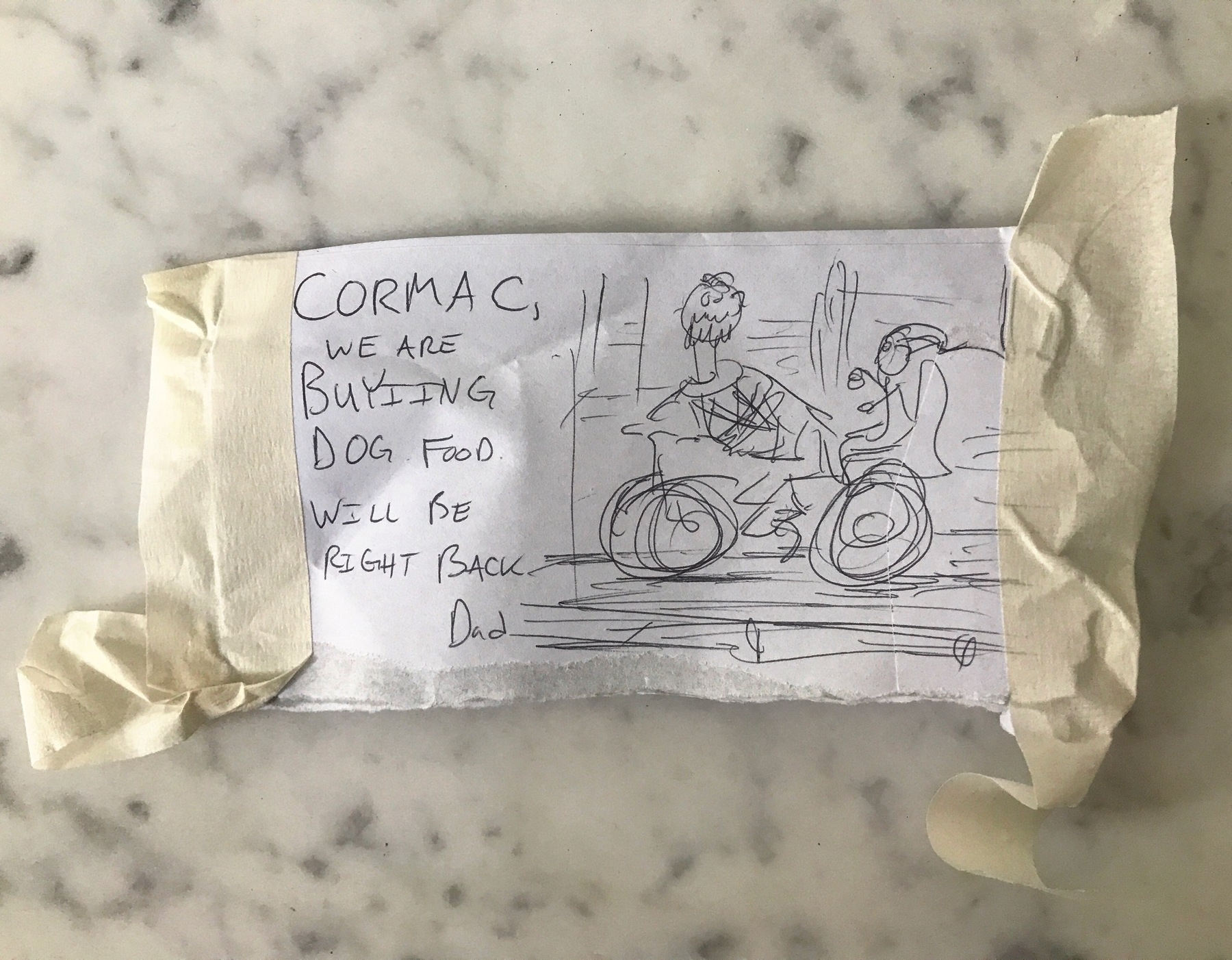Coté
Paper: when the message demands the medium
Robin Sloan contemplates the _ The Making of Original Dungeons & Dragons_:
It occurred to me, deep into a really wonderful experience, of reading and thinking and feeling and pondering, that if Wizards of the Coast had published exactly the same material online — and you can imagine this easily: you can imagine the website, as slick as one of the Google Arts & Culture sites, or the digital book from the Steve Jobs Archive — I would have clicked over; said, “wow, cool”; then moved on to the next thing.
Once you fix the bottleneck of coding, you face the all the other bottlenecks down the line.
Once you fix the bottleneck of coding, you face the all the other bottlenecks down the line. So, you have to think of how to apply AI, or whatever, to the rest of the SDLC processes. Some real theory of constraints stuff there.
Nudging the AI
It’s a delight to find weirdly human and overly chatty prompts like this one on how to make PDFs:
PDFs - Always use LibreOffice to create the PDF (it must be LibreOffice! If LibreOffice is not installed, you can install it yourself). Other libraries sometimes show weird artifacts on some computers
I wonder if the agent actually can install it, or if that’s just nudging it to do a good job by faking it out.
Above from that OpenAI report on how useful AI is at real-world tasks.
Recording of my AI platform engineering talk
This is a new talk of mine going over how platform engineers can support AI. Well, it’s more about how we don’t exactly know, but we can speculate based on a handful of early use cases. Here’s the slides if you’re into that kind of thing.
Here’s the 🤖 on my key points:
- Platform engineering for AI is mostly running another middleware service - same infrastructure tasks as always, plus model registries and figuring out who handles AI safety evaluations.
- Put a gateway/proxy in the middle immediately - the eternal computing lesson we relearn every five years: never let developers talk directly to services or you’re stuck sending angry emails.
- Three new types of customers for platform teams - developers who want AI coding help, “normals” using internal ChatGPT for business tasks, and the mythical “AI embedded in applications” unicorn nobody can actually find.
- Platform-as-a-product thinking applies here too - make something developers actually want to use, get lawyers and security on your approval board to avoid the old “center of killing dreams” problem.
- Experiment rapidly when you don’t know what you’re doing - which is right now for everyone, so build fast feedback cycles rather than one perfect thing that takes forever and turns out wrong.
Check it out, and tell me if you have any things you’ve learned, heard, done’d, etc. on the topic.








